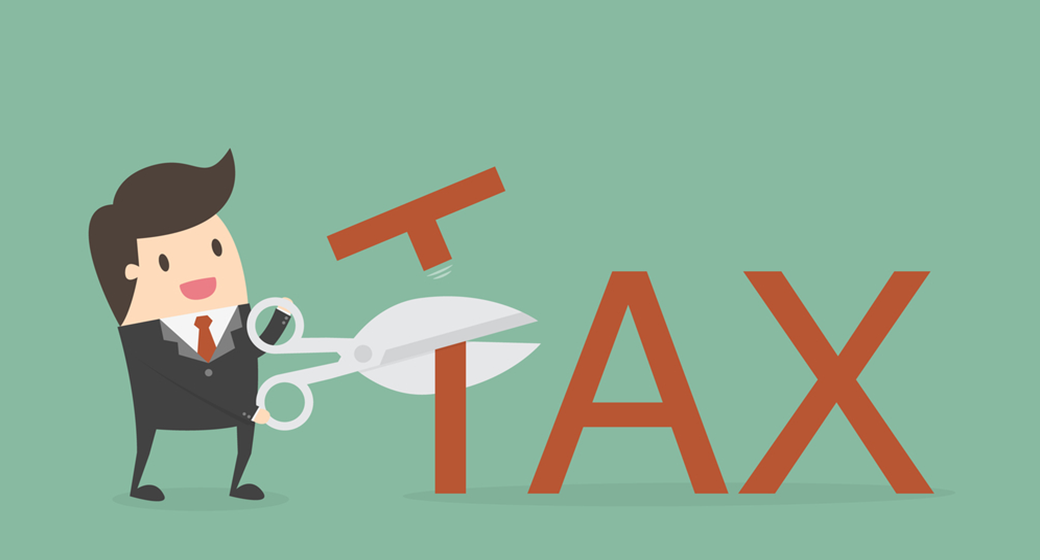
-
Posted By Sirmabekian
-
2023
-
0 Comments
The realm of independent contractors is vast and versatile. With the freedom and flexibility they enjoy comes the responsibility of handling their tax affairs, distinct from traditional employees. While this might sound daunting, the silver lining lies in the numerous tax deductions available to independent contractors. Understanding these can significantly reduce the tax burden and enhance financial efficiency. Let us embark on a journey to discover these deductions.
Home Office Deduction
If a portion of your home is exclusively used for your work as an independent contractor, you can claim a deduction.
- Actual Expense Method: Calculate the percentage of your home used for business and apply that percentage to home-related expenses.
- Simplified Option: Deduct $5 per square foot of the area used for business, up to 300 square feet.
Vehicle and Travel Expenses
If you use your vehicle for work-related tasks, excluding commuting, you can claim deductions based on:
- Standard Mileage Rate: Deduct a specific amount per mile driven for work.
- Actual Expense Method: Deduct a percentage of all vehicle-related expenses based on how much the vehicle was used for work.
Additionally, other travel expenses like airfare, lodging, and meals during business trips can be deducted.
Supplies and Equipment
Any supplies or equipment you purchase exclusively for your business can be deducted. This includes:
- Office supplies
- Software or subscriptions
- Computers or gadgets
Professional Fees and Dues
Costs associated with maintaining your professional standing, such as:
- Membership dues for professional associations
- License renewal fees
- Subscription fees for industry publications
Health Insurance Premiums
If you are not eligible for health insurance through a spouse’s plan, you can deduct premiums paid for:
- Your health insurance
- Your spouse
- Dependents
Retirement Plan Contributions
Contributions to SEP IRAs, SIMPLE IRAs, or solo 401(k)s designed for self-employed individuals can be deducted.
Education and Training
Courses, workshops, or training programs that enhance your current job skills can be deducted. However, education that prepares you for a new career cannot be.
Internet and Phone Expenses
A percentage of your phone and internet bills can be deducted based on how much they are used for business.
Advertising and Marketing
Expenses related to promoting your services, from business cards to online ads, are deductible.
Legal and Professional Services
Fees paid to accountants, consultants, or even a discrimination lawyer regarding work-related matters can be deducted. If an independent contractor ever finds themselves in a situation of unpaid dues or a contract breach, consulting an unpaid wages lawyer becomes essential, and such professional fees become deductible.
Interest on Business Loans
If you have taken out a loan exclusively for your business, the interest on that loan is deductible.
Business Insurance
Premiums paid for business insurance, including liability coverage, can be deducted.
Taxes and Licenses
Various taxes, such as self-employment tax, property tax on business equipment, or even specific licenses and regulatory fees, are deductible.
Contract Labor
If you hire other independent contractors to assist you, what you pay them is deductible, provided you report their compensation on Form 1099-NEC if it exceeds $600.
The array of tax deductions available to independent contractors is both diverse and generous. By maintaining meticulous records, understanding the deductions at their disposal, and seeking professional guidance when necessary, independent contractors can navigate the tax landscape effectively, ensuring compliance and optimizing savings.
 English
English Spanish
Spanish